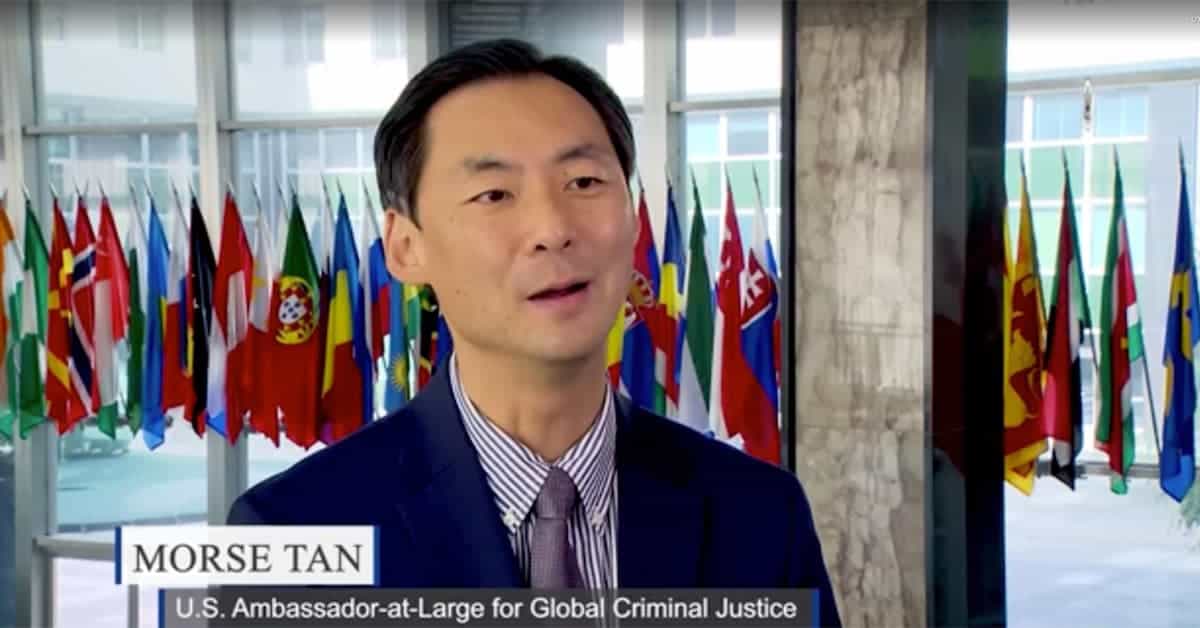The opening chapter of Jean-François Revel’s (1924-2006) incisive How Democracies Perish is titled “The End of an Accident.” The accident in question is the future of the democratic process, more specifically, Western democracies. Revel’s telling contention is that modern democracy is a historically innovative social-political organization of mankind. He argues that the experiment is ongoing, thus fluid. Viewed as such, democracy is a dynamic process that must be continually nourished and strengthened with the growth of institutions and attitudes that respect its complex but fragile core.
The idea of democracy as a humane experiment in social-political agglomeration, Revel contends, is a notable improvement over other tyrannical political systems that have appeared throughout history. This is sound advice for postmodernity, a time that is deprived of historical memory. The civilizing pathos of the democratic process is a significant accomplishment, for democracy is susceptible to attack through the corruption of the autonomous internal structure that defines it. This experiment is always in peril due to the great number of enemies that democracies must contend with – especially from within.
Compare democracy’s susceptibility to internal subversion with what another seminal twentieth-century political thinker, Karl Popper (1902-1994), has called the ‘tribal instinct’ in his work The Open Society and Its Enemies. Popper views democracy as a system of values that is diametrically opposed to collectivism. This is the case because democracy strives for autonomy for individuals and attempts to keep at bay man’s deep-seated collective tribal longing. According to Revel and Popper, democracy ultimately signals a way of life that relies on personal responsibility.
Reason, Good Will, and Democracy
Today, the open society is under assault from collectivism, a form of vile social engineering that attempts to transform the human condition and place it at the mercy of social-political power. Collectivism is all-consuming. Sweeping through aspects of life that have nothing to do with the social-political arena, collectivism coerces man into the delusion that everything-is-political, thus necessitating contrived political solutions. The everything-is-political ideology is the genesis of moral and social-political dysfunctionality in postmodernity. This is the legacy of Marxism.
The gravitas of private reflection is incomparable with social-political action-for-its-own-sake, which is the distinguishing mark of radical ideologues. Postmodernity is an insipid time, when the loudest and most disingenuous politically correct clamor gains an audience. This is a good reason not to confuse reason with politically expedient craftiness that censors good will and virtue.
Popper argues that the lure of some intellectuals toward the totalitarian impulse is a return to a tribal and communistic social set-up. Coerced collectivization is the negation of man as a differentiated, existential being. By collectivizing human existence, we become prey to the fallacy that only under these conditions can man defeat the material and physical forces that dominate the human condition.
Instead, Revel and Popper suggest that material and physical forces that man must contend with must be understood as metaphysical-existential in nature, not social-political. The totalitarian impulse is incommensurate with the humanizing values that democracy promotes. This is the case because the main object of attack of the totalitarian impulse is human life itself. This is a poignant analysis of the plight of democracy as a historical process. For Revel and Popper, the open society humanizes the social-political process.
Both thinkers point out that illiberal, radical ideology is the greatest threat to the virtues of the open society. Ironically, the basic and fundamental demand that the open society makes of its citizens is to exercise good will.
Social engineering stifles the human condition.
Sweeping through aspects of life that have nothing to do with the social-political arena, radical ideology coerces man into the delusion that everything is political in nature, thus requiring flawed and destructive political solutions to human concerns. This is the legacy of Western radicalism in the twentieth century, especially the Marxist Frankfurt School.
Disclaimer: The open society in Revel and Popper’s thought must not be confused with the Hungarian communist, George Soros’, Open Society Foundations, where ‘open society’ is used as a pejorative, illiberal social-political term.
While most people view life through an apolitical lens, many postmodern thinkers and intellectuals make it their raison d’être to politicize all aspects of human existence. Paradoxically, this is particularly the case in democratic, open societies. Revel’s lucid and informed criticism of radical ideology is insightful because he was a socialist in his youth.
We must remain vigilant of the destructive attitude that radical ideology poses for the open society. The totalitarian impulse works incessantly for the destabilization of the open society. Alleged equality of outcomes is a coy source of power-grab that castrates free will and liberty for everyone. This is the essence of Marxism.
Lamentably, in the twenty-first century, some people are still evaluating the nature of totalitarianism – cajoled by the language of childish utopia.
Democracy enables people to live dignified lives. A sincere examination of the role that good will and personal responsibility play in creating and upholding the open society makes everyone responsible partners in such an enterprise.
Reason guides man in the pursuit of truth, just as truth exists as a central cog in the development of man. Reason and democracy are partners in the development of morally and spiritually well-adjusted persons. Democracy does not have a moral obligation to make us happy, but it does go further than any other system of government in enabling man to attain contentment.


























‘Open ‘ society term as assumed by Soros is a rule by a few elites